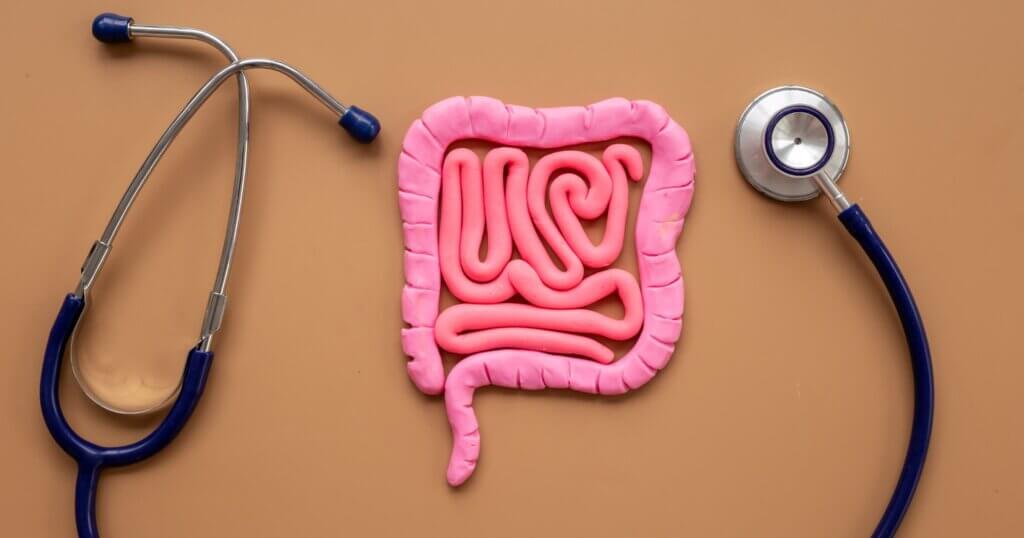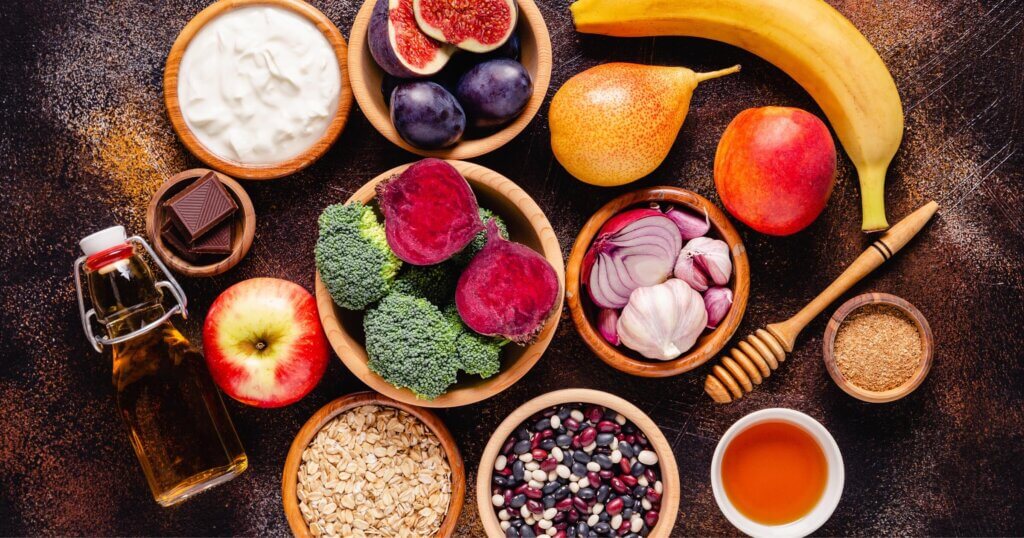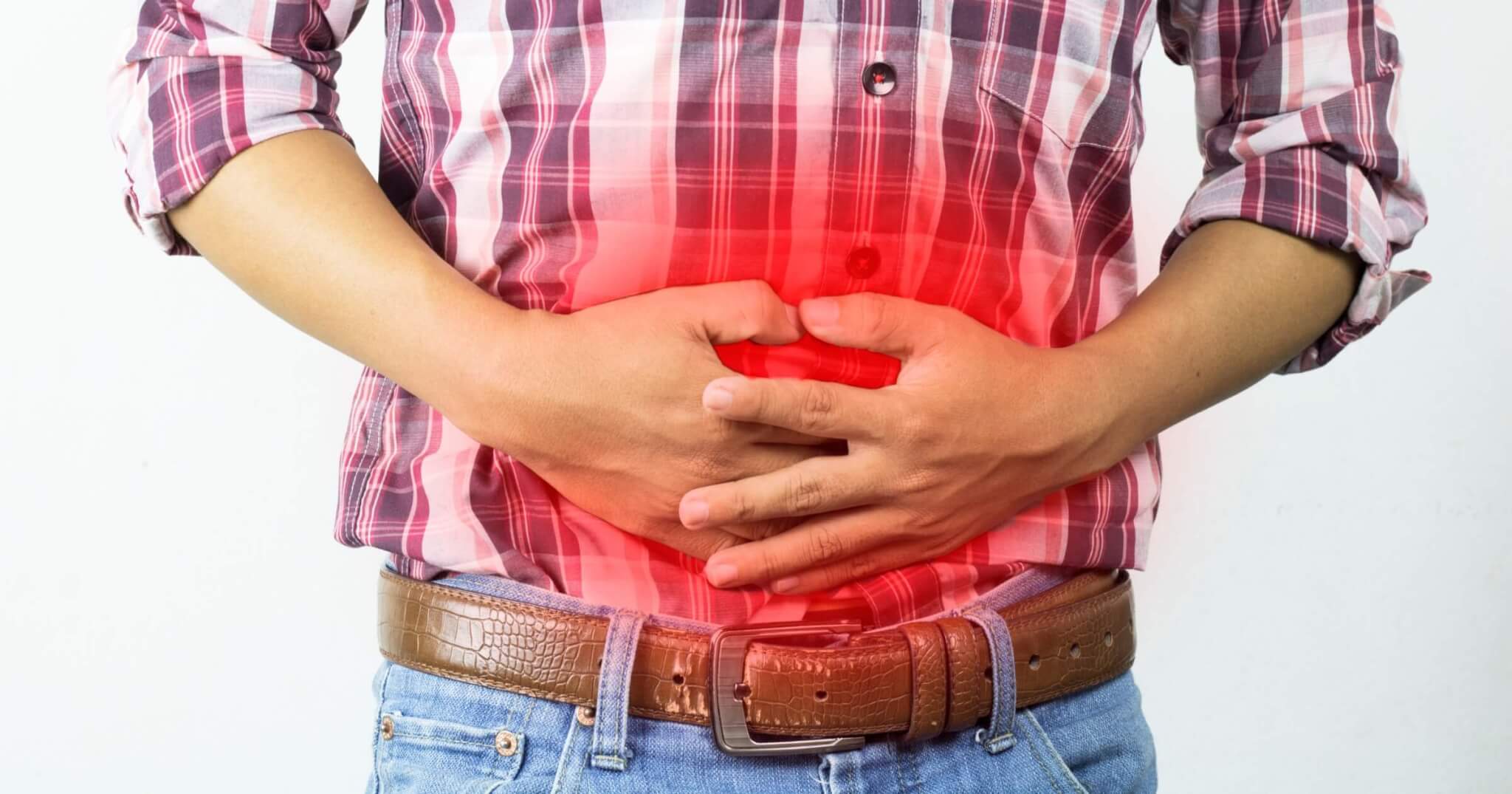If you’ve been feeling sluggish, bloated, or low on energy after a night out, your gut might be trying to tell you something. Alcohol is known to throw off the gut microbiome in your digestive system, interfere with how your body absorbs nutrients, and lead to low energy levels. This can severely impact your ability to focus during the day and potentially lead to several long-term health complications, such as liver disease, digestive issues, and an increased risk of certain cancers.
Before you consider having another night out, it’s important to know all of the effects alcohol can have on your gut. In this article, we cover how alcohol affects the gut microbiome and the way it can impact your daily energy levels.
How alcohol affects your gut microbiome
Your gut is home to trillions of bacteria that help with digestion, nutrient absorption, immune support, and even mood regulation. But alcohol can throw this system off balance, tipping the scales in favor of harmful microbes while wiping out beneficial ones.
Alcohol alters the composition of gut microbiota, reducing bacterial diversity and encouraging the growth of inflammatory strains like Proteobacteria and Enterobacteriaceae. These changes weaken the gut’s ability to protect itself and properly digest food.
Alcohol also increases intestinal permeability, often called “leaky gut.” This means the tight junctions that keep your gut lining sealed start to loosen, allowing toxins and bacteria to pass into the bloodstream. Over time, this can trigger chronic inflammation throughout the body and contribute to conditions like fatigue, brain fog, and digestive discomfort.
On top of that, alcohol can irritate and inflame the gut lining itself. Even occasional drinking has been linked to increased levels of endotoxins in the blood, which further ramps up immune system activity and weakens the protective barrier inside your digestive tract.
What is gut dysbiosis?

Photo courtesy of Canva.com
Gut dysbiosis happens when there’s an imbalance between the helpful and harmful bacteria in your digestive system. Instead of a diverse, healthy mix that works together to support digestion and immunity, harmful strains can take over and disrupt how your gut functions.
When dysbiosis sets in, it can lead to bloating, irregular digestion, poor nutrient absorption, and a weaker immune system. Long-term inflammation caused by this imbalance has also been linked to fatigue, low mood, and chronic health conditions such as irritable bowel syndrome and autoimmune disorders.
Why alcohol affects your gut health and leads to low energy
Poor nutrient absorption
Alcohol irritates the digestive tract and damages the cells lining your intestines, which makes it harder for your body to absorb the nutrients from food. This is especially true for B vitamins, magnesium, and zinc, nutrients that play a major role in how your body converts food into energy.
When your levels of these nutrients drop, it can slow down energy production at the cellular level. You might feel sluggish, mentally foggy, or tired even after a full night of sleep.
Over time, damage to the gut lining can make this problem worse. A weakened gut barrier struggles to pull nutrients from food efficiently, leading to ongoing fatigue and a higher risk of nutrient deficiencies.
Liver overload and metabolic slowdown
When you drink alcohol, your liver shifts its focus to breaking it down as quickly as possible. That means other important tasks, like processing nutrients or regulating blood sugar, get pushed to the side.
Because alcohol is treated like a toxin, the liver gives it top priority. This slows down glucose production, which your body relies on for steady energy. Without enough glucose in your bloodstream, your energy levels can dip suddenly, leading to fatigue and sluggishness.
On top of that, chronic alcohol use can interfere with how your metabolism functions. Over time, this disruption can make it harder for your body to maintain stable energy levels and may contribute to weight gain, inflammation, and poor metabolic health.
How to support gut recovery after drinking

Photo courtesy of Canva.com
Your body has a remarkable ability to bounce back, but it needs the right support. If you’ve had a few drinks and want to help your gut heal, these simple strategies can make a real difference.
Eat gut-friendly foods
Adding more fermented foods like yogurt, kefir, sauerkraut, and kimchi can help restore healthy bacteria in your gut. Pair them with fiber-rich vegetables and anti-inflammatory choices to create an environment where good microbes can thrive.
Replenish key nutrients
Alcohol drains your body of important nutrients like B vitamins, magnesium, and antioxidants. Rebuild your stores by eating a variety of colorful fruits, leafy greens, nuts, and whole grains. Supplements may help in some cases, but real food is always a great place to start.
Take alcohol-free breaks
Regular dry days or alcohol-free weeks give your gut lining and liver time to repair. Even short breaks can reduce inflammation, improve digestion, sleep, and, as a result, lead to improved energy levels.
Drink electrolytes and water
Hydration is important for flushing out toxins and maintaining smooth digestion. Replacing lost electrolytes also helps support your energy levels, especially after drinking.
FAQ
Is any amount of drinking safe for gut health?
Small amounts may have minimal effects for some people, but even moderate drinking can gradually throw off the balance of gut bacteria and contribute to inflammation.
Are some alcohol choices better than others?
Yes. Options that are lower in sugar and free from additives, like dry red wine, are generally less disruptive to your gut than sweet mixed drinks, beer, or heavily processed liquors.
Can the liver repair itself after years of drinking?
The liver has a strong ability to heal itself, especially in the early stages of damage. With a healthier diet, proper hydration, and long-term alcohol reduction, some liver function can be restored.
Key takeaways
If you’ve read this far, you know how alcohol affects the gut including disrupting the balance of good bacteria, increasing inflammation, and making it harder for your body to absorb nutrients. These changes often lead to low energy, fatigue, and slower metabolism, even if you’re not drinking heavily. Supporting your gut with nutrient-dense foods, proper hydration, and regular alcohol-free breaks can help restore energy levels and support longevity
Want more tips on gut health, recovery, and wellness both on and off the jobsite? Subscribe to our newsletter for fresh articles and practical advice delivered straight to your inbox.


